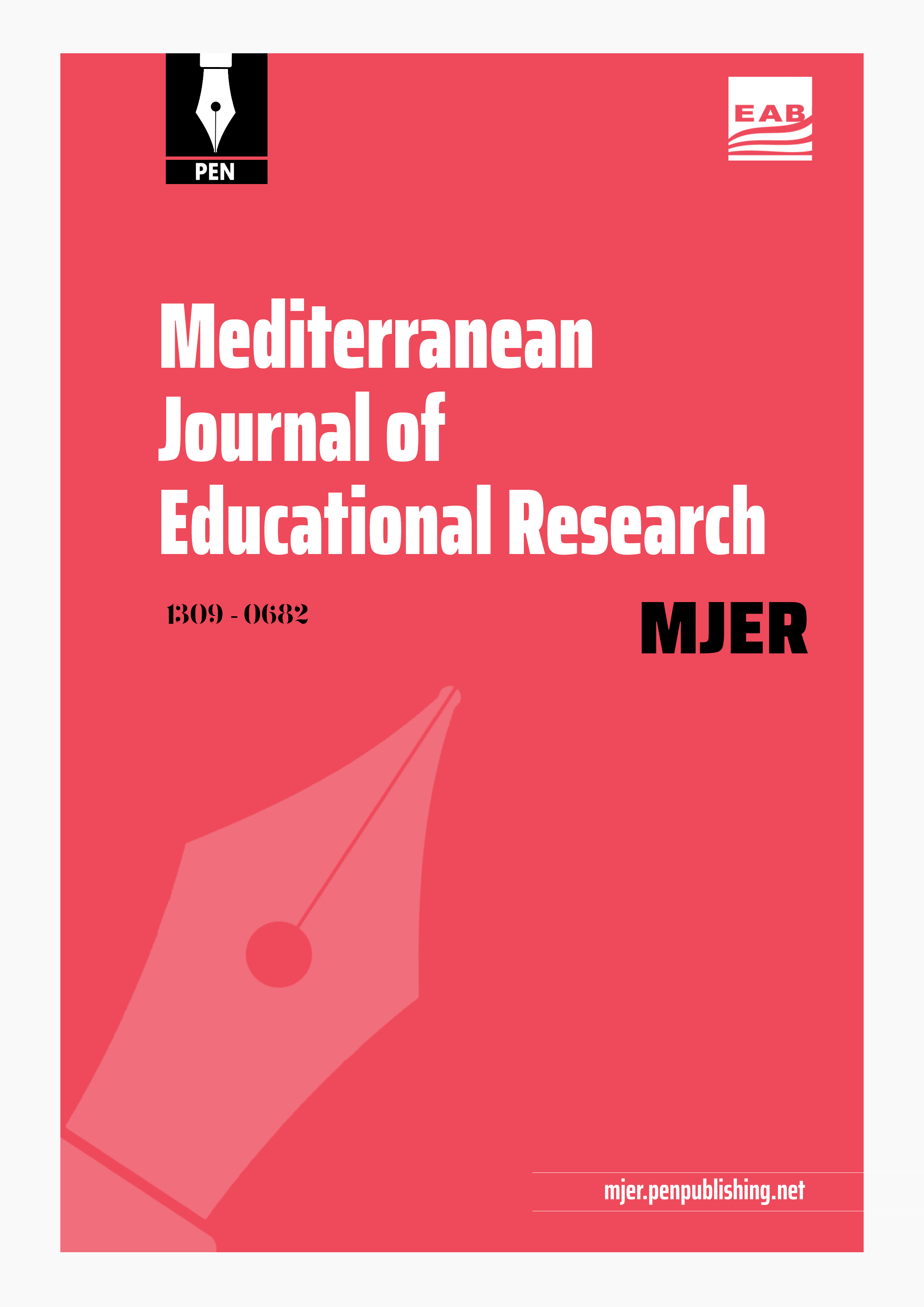- Altbach, P.G, Salmi, J. (2011). The road to academic excellence: The making of world class research universities. Washington DC: World Bank. [Google Scholar]
- Balkevičius, M., Mažeikienė, A., Švedienė, S. (2013). The first steps of project-based education in Lithuanian high Schools. Procedia - Social and Behavioral Sciences, 83, 483 – 492. [Google Scholar]
- Bissenbayeva Z., Aurenova M., Aubakirova Z., Uaidullakyzy E. (2014). Modern technologies of communicative competence formation. Procedia - Social and Behavioral Sciences, 116 (21), 4780-4784. [Google Scholar]
- Braxton, J.M. (2010). Norms and the work of colleges and universities: Introduction to the special issue— norms in academia. The Journal of Higher Education, 81 (3), 243-250 [Google Scholar]
- Butnariu, M., Milosan, I. (2012). Preliminary assessment of knowledge management in universities. Procedia - Social and Behavioral Sciences, 62 (24), 791-795. [Google Scholar]
- Columbus, O.J. (1995). Occupational standards: International perspectives / Ed. by, OH: Center on Education and Training for Employment, the Ohio State University. [Google Scholar]
- Fernandes, S. R. G. (2014). Preparing graduates for professional practice: Findings from a case study of project-based learning (PBL). Procedia - Social and Behavioral Sciences, 139(22), 219-226. [Google Scholar]
- Geiger, R. (2004). Research and relevant knowledge: American Research Universities since World War II. New Brunswik, N.J.: Transaction Publishers. [Google Scholar]
- Graham, H.D., Diamond, N. (1997). The rise of American research universities: Elites and challengers in the postwar era. London: Johns Hopkins Press Ltd. [Google Scholar]
- Kember, D. (1997). Reconceptualisation of research into universityaAcademics’ conceptions. Learning and Instruction, 7(3), 255-275. [Google Scholar]
- Kudryavtseva, E., & Taskina, I. (2013) Implementation of competence-based approach for students’ selfstudy organization in the conditions of third-generation federal higher professional education standards. Information and Education: Boundaries of Communications, 5, 59-60. [Google Scholar]
- Kuh, G.D., Hu, S. (2001). Learning productivity at research universities. Journal of Higher Education, 72, 1-28. [Google Scholar]
- Lund University. (2014) Retrieved from http://www.lunduniversity.lu.se [Google Scholar]
- McClelland, D.C. (1973). Testing for competence rather than for intelligence. American Psychologist, 28, 1-14. [Google Scholar]
- Meyers R. (1998). Development and implementing local educational standards / Ed. by ERIC Clearing House on Assessment and Evaluation. [Google Scholar]
- Prozumentova, G.N. (2005). Strategy and program of humanization research on educational innovations. Transition to open educational environment: phenomenology of educational innovations (pp. 15 – 58). Tomsk: Tomsk university press. [Google Scholar]
- Prozumentova, G.N., Kalachikova O.N. Educational support of completing course and final papers by students majoring in management. (2010). Retrieved from http://edu.tsu.ru/eor/resourse/252/tpl/index.html. [Google Scholar]
- Raven, J. (1984). Competence in Modern Society: Its Identification, Development and Release. Oxford, England: Oxford Psychologists Press. [Google Scholar]
- Ríos, I., Cazorla, A., Díaz-Puente, J. M., & Yagüe, J. L. (2010). Project-based learning in engineering higher education: two decades of teaching competences in real environments. Procedia - Social and Behavioral Sciences, 2, 1368-1378. [Google Scholar]
- Serrano-Guerrero J., Romero F.P., Olivas J.A. A fuzzy approach for recommending educational activities based on the acquisition of competences. Information Sciences, 248, 114-129. [Google Scholar]
- Shekhonin A., Tarlykov V., Kletsheva I., Bagautdinova A., Budko M., Voznesenskaya O., … Orlova O. (2014). Competence-oriented tasks in higher education system. Retrieved from http://books.ifmo.ru/book/1424/kompetentnostnoorientirovannye_zadaniya_v_sisteme_vysshego_obrazovaniya.htm. [Google Scholar]
- Starshinova T., Khairullina, Saifullin R. (2013). Role of Students’ Independent Work in Shaping Prerequisites for Their Future Professional Formation. Vestnik of Kazan Technological University, 16 (18), 364-367. [Google Scholar]
- Supadol P., Sukreeyapong W., Intarakumhaeng P., Siripan K., Chantanapim W., Nesusin N. (2014). Results of Learning Activities of Grade 1 Thai Language Subjects Using the Project-based Approach. Procedia - Social and Behavioral Sciences, 116 (21), 1444-1448. [Google Scholar]
- Teltevskaya N. (2013). Optimization of Student’s Independent Work from the Point of Competence Approach. Izvestia of Saratov University, 13(3-1), 118-122. [Google Scholar]
- The University of Texas at Austin. (2014) Retrieved from http://www.utexas.edu/Universiteit Utrecht. (2014) Retrieved from http://www.uu.nl/ [Google Scholar]
- Urunbassarova E., Jandildinov M., Uaidullakyzy E. (2014). Future teachers professional competence development within bachelor program. Procedia - Social and Behavioral Sciences, 116 (21), 4829-4833. [Google Scholar]
|


